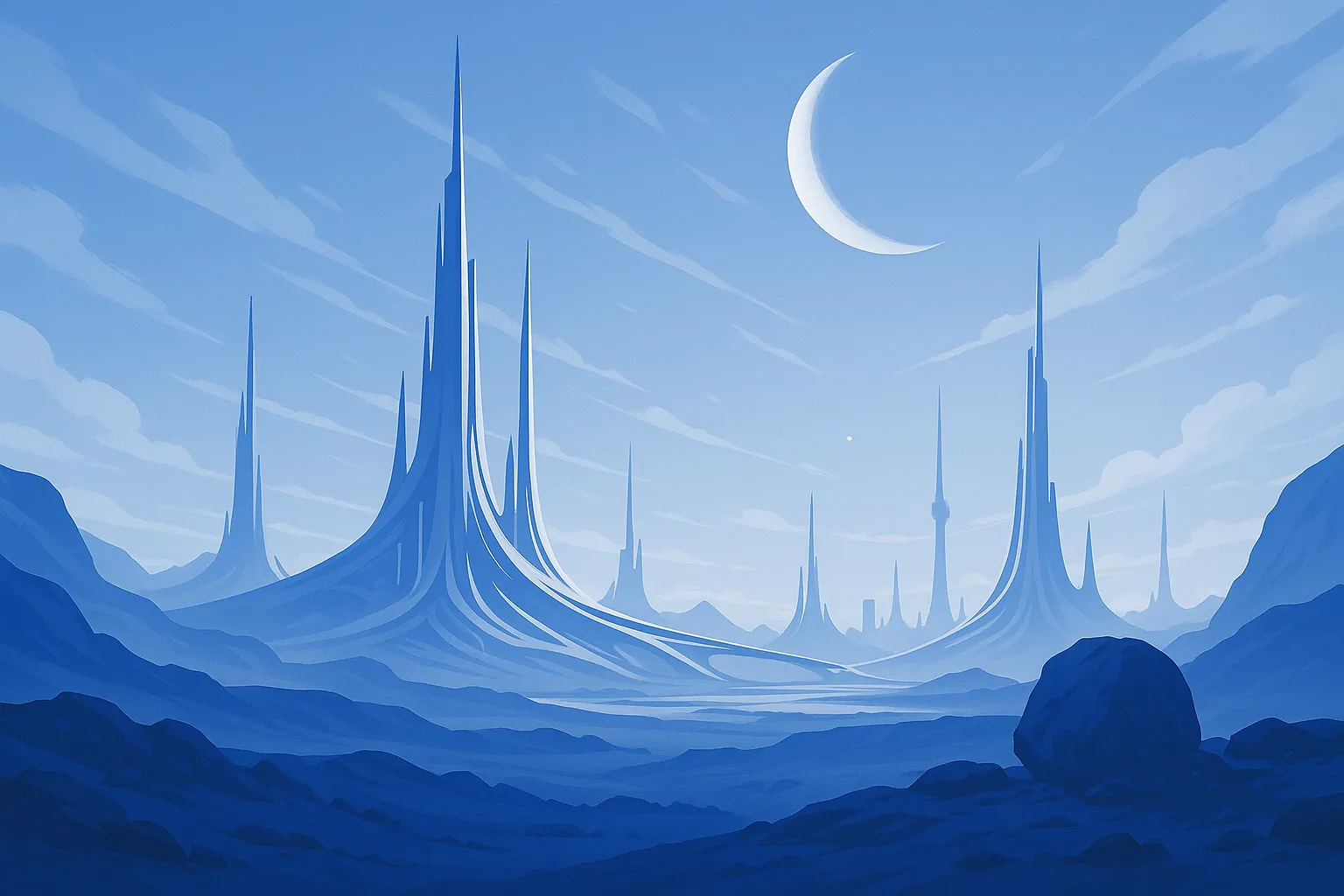
"Doubt is not a pleasant condition, but certainty is absurd"
Voltaire
What we believe
AI is no longer a Silicon Valley pipe dream. It’s a tidal wave heading straight for the work culture we’ve built our careers around (and the society we’ve grown up with).
From social media headlines to internal memos at companies we admire, everyone seems to be fuelling the hype: fully embrace AI or get left behind.
We believe there’s a better path, one that doesn’t demand blind allegiance or blanket rejection. A practical exploratory method to build an opinion and confidence in both the strengths and weaknesses of AI.
The path for the curious folks who’ve not yet fully experienced AIs potential or made up their mind on exactly how it should or shouldn’t fit into their world.
Hack Weeks have been our way to explore this first hand. We’ve tried many tools, prompting techniques and ways of working, learning as much from others’ experiments as we have from our own. From seeing what actually sticks, here’s what we believe:
1 — AI should give us more time for what matters.
Most people spend their days toggling tabs, chasing Slack threads, and squeezing deep work into the margins. AI offers a way back to more energising, personally meaningful work. When treated as a thought partner, not just a shortcut, it can give us more time to create our best work. And sometimes, help us make that work even better.
2 — Working with AI is a muscle we build through trial and error.
With new tools emerging almost daily, it’s impossible to know what’s good, bad, or even possible, without trying them. The best learning happens through making. But focusing on the tech stack will only get you so far. Building both a mindset and a team culture that’s curious about the near-future, and confident enough to explore it, is where the real impact happens.
3 — Real value comes from everyday wins, not flashy demos.
It’s incredible how quickly you can go from zero to ‘pretty good’ with the latest AI building tools. But going from ‘pretty good’ to ‘great’ is a (much) longer road than often first appears. While these tools illustrate what’s possible, the longer-term value isn’t in these grand gestures, but the small improvements that make every week feel lighter and stronger. Sometimes it’s just fixing a spreadsheet, streamlining a messy handoff, or creating a smarter weekly workflow. But those small shifts compound over time, unlocking real momentum.
4 — Let’s use AI to imagine more, not just do more.
Yes, AI can make teams faster. But when speed and cost-cutting are the only goals, we miss the deeper creative potential these tools unlock. What if we could execute a wider range of ideas, explore entirely new creative directions, or uncover easily missed customer insights, all in a fraction of the time? AI isn’t just a productivity tool. Creativity scales when people have the space to experiment, not just execute.
5 — Change is inevitable—how it happens is up to us.
Most startups that formed after covid began are AI-native by default. You pick this stuff up quickly when you’re a tiny team punching above its weight. But older, bigger companies are harder to change with more to lose. Letting employees experiment with AI tools is one thing. But creating a culture that weaves these new powers into sustained business impact is something else entirely. One that is deceptively un-technical. It’s about people, and helping them unlock their full potential.
If you’re exploring how to navigate this shift—not just technically, but culturally and creatively—we’d love to talk.